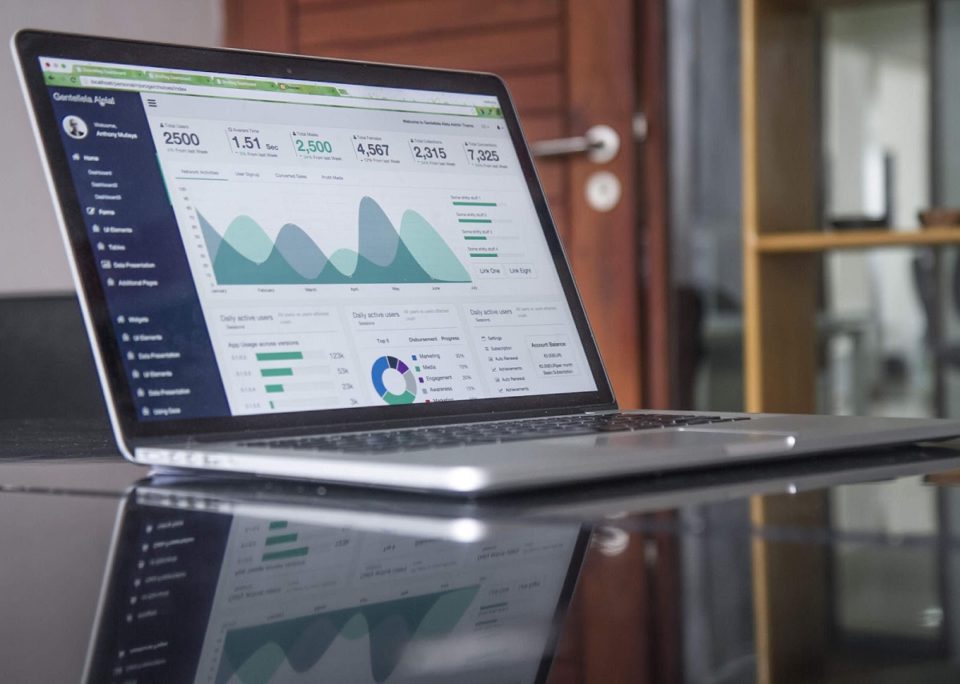Data analytics has revolutionized a wide range of industries, enabling businesses to make more informed decisions, improve efficiency, and gain a competitive edge. In this article, we will explore some of the industries that have been significantly reshaped by data analytics, and how this technology is being used to drive growth and innovation.
Healthcare Industry
The healthcare industry has been at the forefront of the data analytics revolution, with hospitals, clinics, and other healthcare providers using data to improve patient care, reduce costs, and streamline operations.
One of the key ways in which data analytics is being used in healthcare is through the analysis of electronic medical records (EMRs). EMRs contain a wealth of information about patients, including their medical history, diagnoses, and treatment plans. By analyzing this data, healthcare professionals can identify patterns and trends that can help them to make more informed decisions about patient care.
Data analytics is also being used to improve the efficiency of healthcare operations. For example, hospitals can use data analytics to identify bottlenecks in their workflow, such as long wait times or unnecessary tests, and then implement changes to address these issues. This can help to minimize costs and improve patient satisfaction.
Finance Industry
The finance industry has embraced data analytics as a way to gain a competitive edge and improve decision-making. Financial institutions are using data analytics to better understand their customers, identify trends and patterns in financial markets, and optimize their operations.
One of the key applications of data analytics in finance is risk management. Financial institutions use data analytics to analyze a wide range of data points, such as credit scores, financial statements, and market trends, to assess the risk associated with lending money or making investments. By analyzing this data, financial institutions can make more informed decisions about which customers and investments to pursue, and how to mitigate risk.
Data analytics is also being used to improve customer service in the finance industry. For example, banks and other financial institutions can use data analytics to better understand their customers’ needs and preferences and then tailors their products and services, and accordingly improve customer satisfaction and loyalty.
Casino Industry
With the explosion of digital technologies, casinos have begun collecting vast amounts of data on their customers, including their spending habits, gaming preferences, and even their physical locations. By analyzing this data, casinos can better understand their target audience and tailor their offerings to meet the specific needs and preferences of their customers.
Additionally, data analytics has enabled casinos to optimize their operations, including improving the efficiency of their slot machines and identifying areas for cost savings. By checking https://www.ontariocasinos.com/, you get insight into the best online casino guides.
Retail Industry
The retail industry has also been heavily impacted by data analytics, with retailers using data to better understand their customers, optimize their operations, and improve their marketing efforts.
One of the key ways in which retailers are using data analytics is through the analysis of customer data. By analyzing customer purchase history, demographics, and other data points, retailers can better understand their target audience and tailor their marketing efforts accordingly. Overall, this improves the effectiveness of marketing campaigns and increases sales.
Retailers are also using data analytics to optimize their operations. For example, retailers can use data analytics to analyze sales data and identify trends and patterns, which can help them to better manage inventory and improve supply chain efficiency. Data analytics is also being used to improve the in-store experience for customers, by analyzing data on customer behavior and preferences.
Manufacturing Industry
The manufacturing industry is using data analytics to improve efficiency, reduce costs, and drive innovation. By analyzing data on production processes, manufacturers can identify bottlenecks and inefficiencies, and then implement changes to address these issues.
Data analytics is also being used in the manufacturing industry to improve quality control. By analyzing data on production processes and product defects, manufacturers identify patterns and trends that help them improve the quality of their products.
Transportation Industry
The transportation industry is using data analytics to improve safety, efficiency, and customer satisfaction. For example, transportation companies can use data analytics to analyze data on vehicle maintenance and performance, identify potential issues, and prevent accidents. Data analytics is also being used to optimize routes and schedules, by analyzing data on traffic patterns, weather conditions, and customer demand. This leads to improved efficiency of transportation operations and cost reduction.
In the transportation industry, data analytics is also being used to improve the customer experience. For example, airlines can use data analytics to analyze customer data and preferences, and then offer personalized services and amenities to improve the in-flight experience.
All in all, data analytics has had a significant impact on a wide range of industries, enabling businesses to make more informed decisions, improve efficiency, and gain a competitive edge. From healthcare to transportation, data analytics is being used to drive growth and innovation and is reshaping the way that businesses operate.
